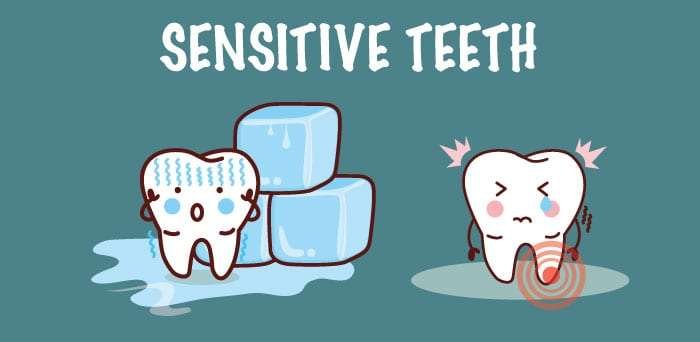Winter can be harsh on your teeth and gums. Cold weather in wintertime may increase sensitivity and even lead to discomfort. Follow these expert tips to keep your smile bright and healthy all season long.
Dress Your Face and Mouth for Winter
Cold air can make teeth contract and become more sensitive. Protect your smile by keeping your face and mouth warm—wear scarves and face coverings when outdoors in wintertime.
Mind Your Jaw
When you’re cold, it’s natural to clench your jaw, which can lead to tooth erosion and jaw muscle pain. Instead of tensing up, wrap up warmly and try to relax. Remember, a relaxed jaw not only saves you from headaches but also preserves your dental health.
Health Alert: Jaw pain can sometimes signal more serious issues, so if your discomfort persists despite self-care measures, consult your dentist or primary care physician.
Stay Hydrated, Inside & Out
Cold weather and dry indoor air can lead to dehydration, causing dry mouth, cracked lips, and even canker sores. Drinking plenty of water helps maintain saliva production, which protects your teeth and gums.
- Tip: Aim for at least eight 8-oz glasses of water a day. Adjust your intake based on your activity level and environmental factors.
For more advice on maintaining a healthy routine, check out our dental hygiene tips.

Avoiding Winter Tooth Pain
You can prevent wintertime-related tooth pain by:
- Breathing through your nose rather than your mouth in cold weather.
- Scheduling regular dental checkups so our team can spot and address sensitivity early.
- Keeping up with your daily dental hygiene routine.
Related
Ready for a Healthier, Brighter Smile?
Book your appointment today and let our expert team take care of your dental health. Don’t wait—your perfect smile starts here!